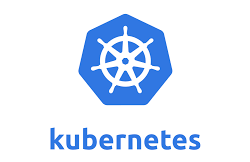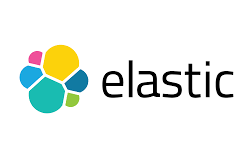minikube wrapper – kubernetes
What is minikube? Minikube was developed to allow users to run Kubernetes LOCALLY. When you run minikube it will launch a minikube host as a container/VM depending on the driver and runs a single-node k8s cluster. Why minikube? Previously whenever I needed to test anything in the kubernetes environment I would stand up a full suite of servers 4 actually, 3 workers and 1 master node on a VM and it was very time-consuming to set up and use and also resource-intensive for my tiny home lab. I needed a way to create an environment fast and make it re-producible… Continue Reading

